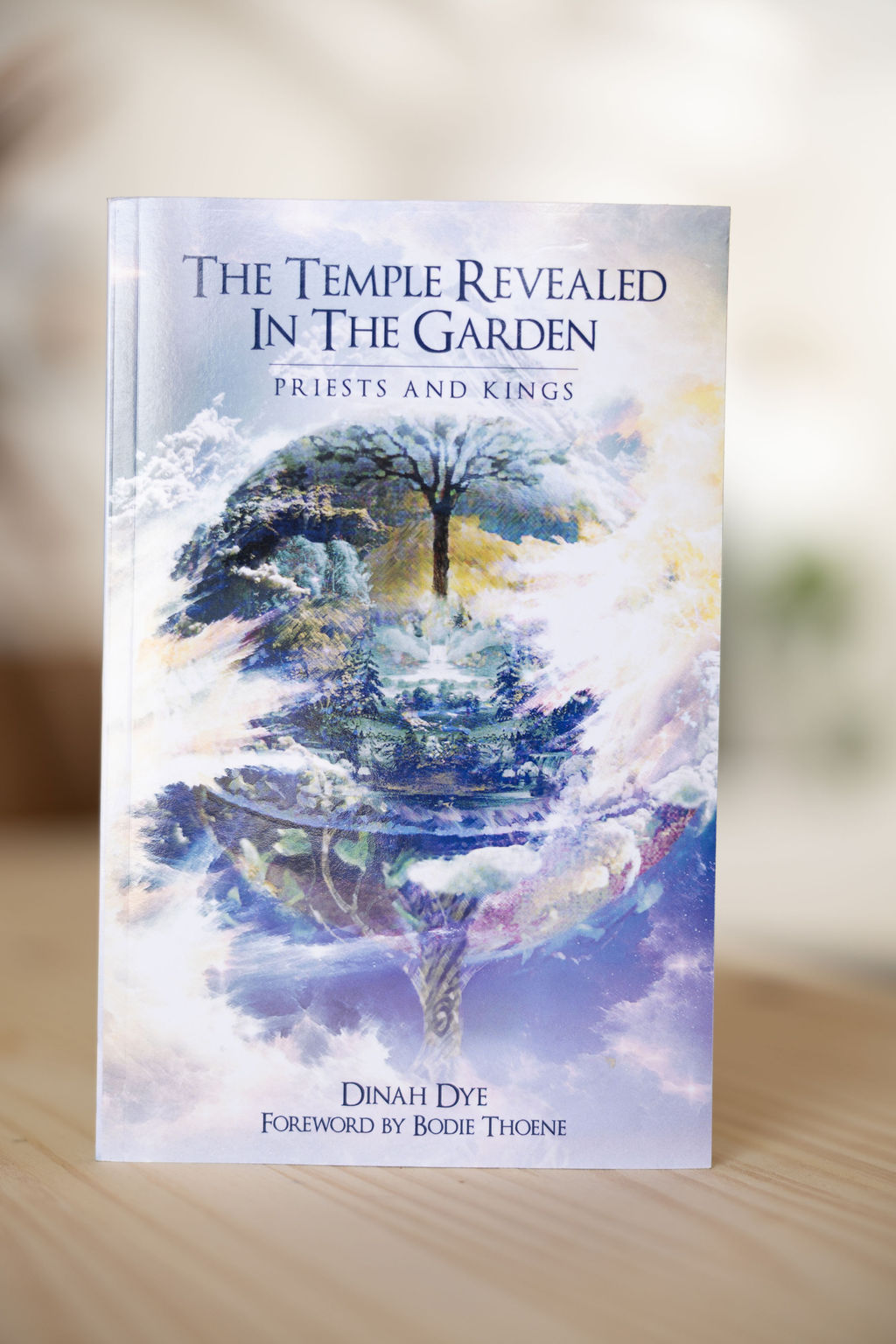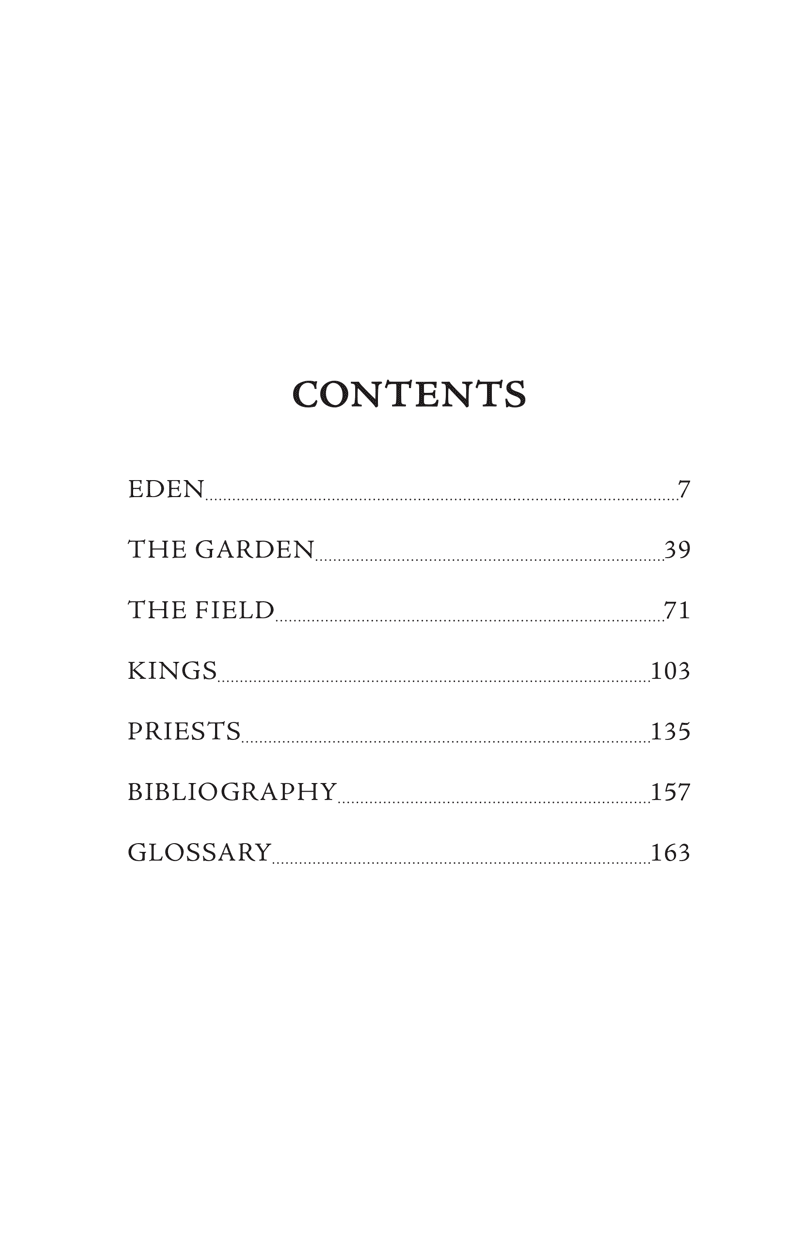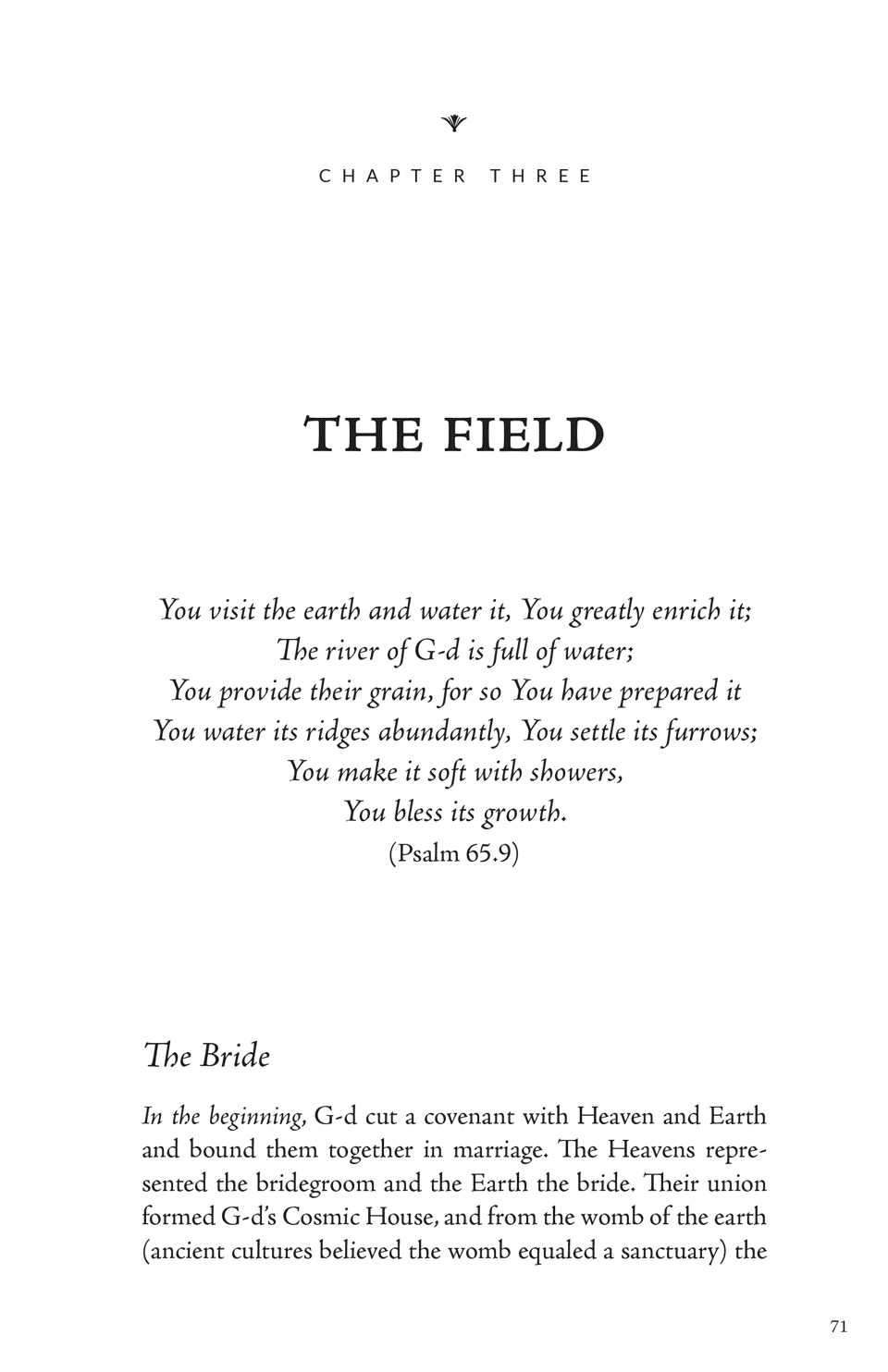
The Temple Revealed in the Garden
Priests and Kings
In this second volume of the Temple Revealed series, Dr. Dinah Dye examines the Garden story from an ancient Near Eastern perspective, revealing profound insights about God’s original plan for humanity. The Garden in Eden wasn’t just a backdrop for a Bible story – it was designed as a sacred space, much like a temple. Adam, in this view, was not merely a gardener, but God’s chosen priest-king tasked with tending holy ground.

What People Are Saying
This is the second book in Dinah Dye’s excellent Temple series. Dr. Dye has developed an insightful understanding of the Temple in the Ancient Near East (ANE), and the role of ancient cosmology in recognizing Temple language and symbolism in the book of Genesis. These concepts provide us a much clearer understanding of who Jesus was, and what His assignment on the earth was as God’s King/Priest. If you want a more thorough understanding of the role of Jesus in His time here on the earth, as well as His future role as King of all the Earth, then I highly recommend The Temple Revealed in the Garden.
Book Summary
Eden as God’s First Temple
Through accessible teaching, Dr. Dye shows how every element in Eden has symbolic significance. The fruit-bearing trees, flowing rivers, and even the presence of the Tree of Life all mirror features you’d find later in the Tabernacle and Temple. Adam and Eve walking with God in the Garden is akin to priests serving in a sanctuary. When Adam fails and is exiled to the “field” of thorns and thistles, it echoes the loss of a priestly role and the separation from the divine Presence. These parallels aren’t coincidental – they highlight that Eden was heaven’s blueprint on earth, meant to be the first place of worship.
Readers will discover new ideas and be challenged to think outside the box about this very old story. What if the command to “guard” and “keep” the Garden is the same language later used for Levite priests guarding and keeping the Temple? Dr. Dye explores such connections, shedding light on how humanity’s first calling was essentially to serve in God’s sanctuary. The title Priests and Kings underscores that we were created with a dual purpose: to reign over creation under God’s authority, and to minister in God’s presence. This book connects those dots in a way that will deepen your understanding of your own purpose as a believer called to be part of a “royal priesthood.”
Why It Matters – Spiritual Relevance
By seeing Adam and Eve as archetypal priestly and kingly figures, you can better understand the role of humanity in God’s plan. We are called to be stewards of creation (kingly role) and worshipers who cultivate God’s presence in the world (priestly role). This book will help you see your life’s purpose in light of these original callings.
The insights from Eden cast new light on the mission of Yeshua (Jesus). Often called the “last Adam,” Jesus fulfills the failed roles of Adam by perfectly acting as both King and High Priest. As you learn about Eden’s symbolic hints, you’ll appreciate more deeply how Jesus restores what was lost – reopening the way to Paradise (God’s presence) for us.
Dr. Dye’s The Temple Revealed in the Garden encourages you to go beyond a surface reading of Genesis. It demonstrates how symbolism and context can enrich your Bible study. You’ll gain tools for recognizing temple imagery throughout Scripture – from the Garden to the Second Temple period and even into the New Testament, where themes of Eden and the Temple emerge in surprising places.
The Temple Revealed in Creation
Meet The Author
Early Life and Spiritual Journey
Dr. Dinah Dye was raised in a vibrant Jewish community in Ottawa, Canada, where Torah was central, the Sabbath was sacred, and Hebrew school laid the foundation for her identity. Summers at an Orthodox Jewish camp immersed her in tradition and the richness of her heritage. However, as a young adult in the 1960s and ’70s, Dinah’s path took an unexpected turn. She explored the New Age movement and the counterculture, searching for something deeper—something true.
Her conclusion? The truth would be universal, grounded in love, and simple enough to reach anyone willing to listen.




